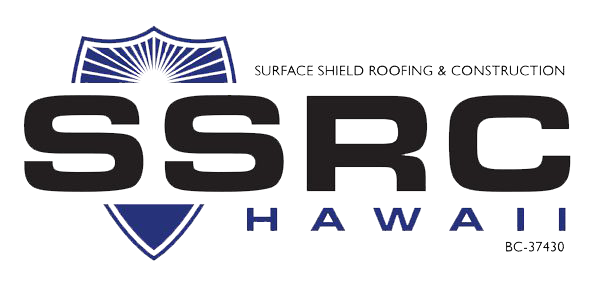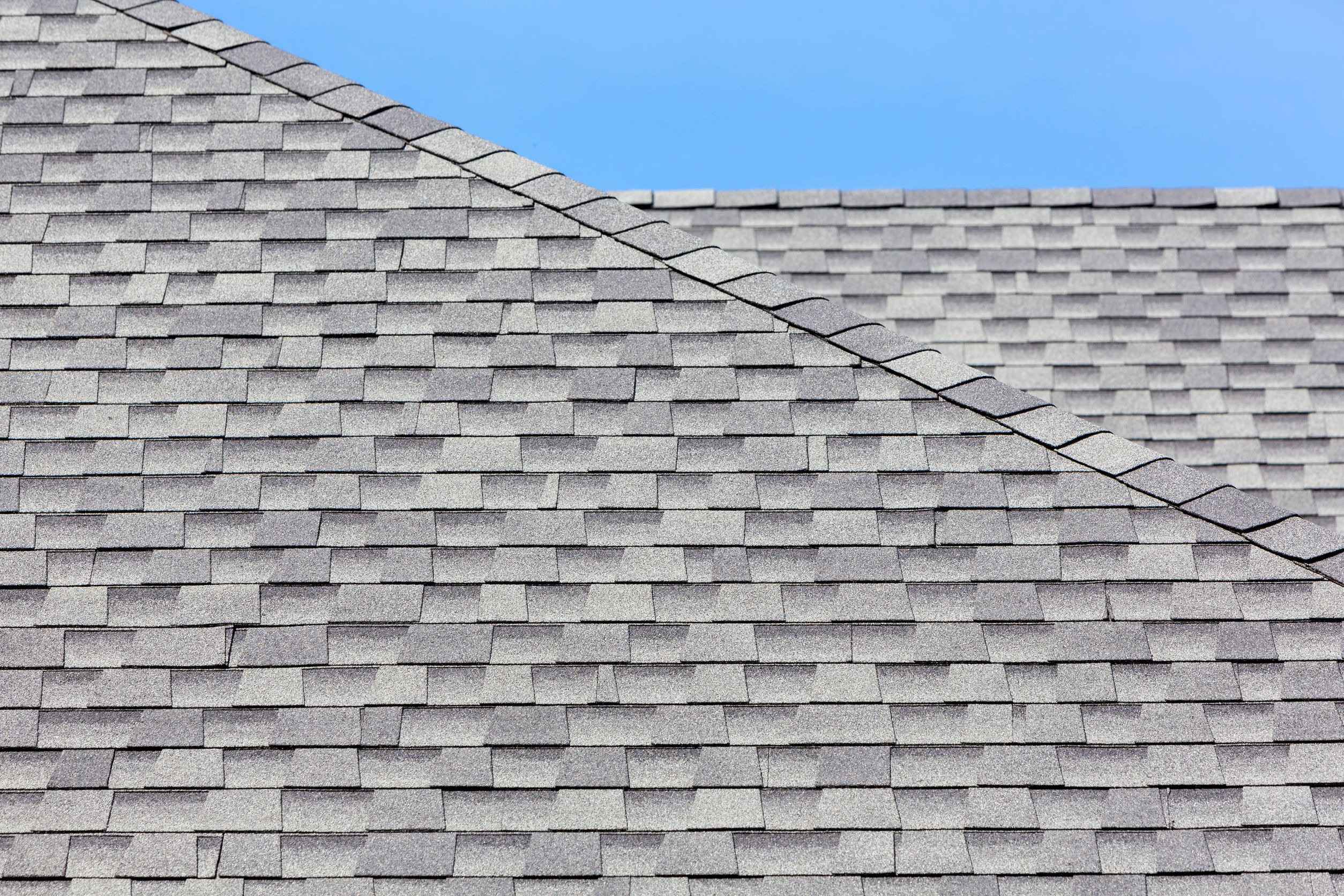Asphalt shingles are one of the most popular roofing materials used across the United States, including in Honolulu. Their affordability, versatility, and ease of installation make them a common choice for homeowners. However, Honolulu’s tropical climate presents unique challenges that can impact the performance and longevity of asphalt shingles. Understanding the advantages and disadvantages of this roofing material can help homeowners make an informed decision.
Affordability and Cost-Effectiveness
Compared to other roofing materials such as metal, tile, or wood shakes, asphalt shingles offer a cost-effective solution without sacrificing durability. They are widely available and relatively inexpensive to install, making them an attractive choice for homeowners who need a reliable roof without breaking the budget. Additionally, repairs and replacements are typically more affordable compared to other materials, reducing long-term maintenance costs.
Variety of Styles and Colors
Asphalt shingles come in a wide range of styles, colors, and textures, allowing homeowners to choose an option that complements their home’s exterior. Whether a homeowner prefers a traditional look or a modern aesthetic, there is an asphalt shingle design to match.
Some premium shingles even mimic the appearance of more expensive materials like slate or wood shakes, providing an upscale look without the higher price tag. This versatility makes asphalt shingles a great option for different architectural styles found in Honolulu.
Ease of Installation and Repair
Unlike heavier materials such as tile or slate, asphalt shingles do not require additional structural support, which can reduce overall installation costs. Roofing contractors can install asphalt shingles quickly, minimizing labor expenses and project timelines. Additionally, if a section of the roof becomes damaged, individual shingles can be replaced without requiring a full roof replacement, making repairs easier and cost-efficient.
Weather Resistance and Durability Challenges
While asphalt shingles are designed to withstand various weather conditions, Honolulu’s tropical climate presents unique challenges. High humidity, salt air, and intense UV exposure can accelerate the aging process of asphalt shingles, causing them to fade, crack, or become brittle over time.
Additionally, heavy rainfall and occasional storms can lead to water infiltration if shingles are not properly installed or maintained. Homeowners should consider opting for high-quality shingles with UV-resistant coatings to help mitigate some of these durability concerns.
Maintenance Requirements
Although asphalt shingles require less maintenance compared to other roofing materials, regular upkeep is still necessary to maximize their lifespan. In Honolulu, moisture buildup and algae growth are common issues due to the warm and humid environment.
Homeowners should schedule routine roof inspections and cleanings to prevent algae and mold growth, which can deteriorate shingles over time. Proper ventilation and drainage are also essential to avoid water damage and extend the life of the roof.
Lifespan Compared to Other Roofing Materials
The average lifespan of asphalt shingles ranges between 15 to 30 years, depending on the quality of the shingles and environmental conditions. In Honolulu’s climate, shingles may experience faster wear and tear compared to cooler or drier regions.
While asphalt shingles provide an economical roofing solution, homeowners looking for a longer-lasting option may need to consider materials such as metal or tile, which offer extended durability but come at a higher initial cost.
At Surface Shield Roofing Company, we provide expert guidance and professional installation services to help Honolulu homeowners choose the best roofing materials for their homes. Contact us today to learn more about asphalt shingles and explore the best options for your roofing project.

